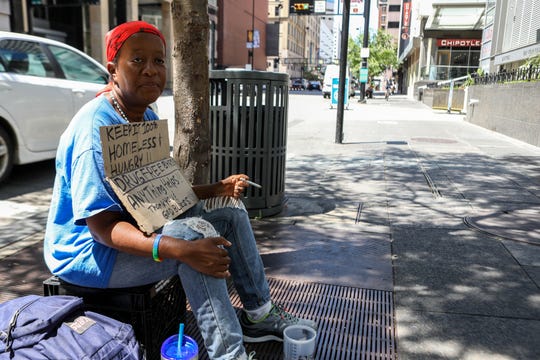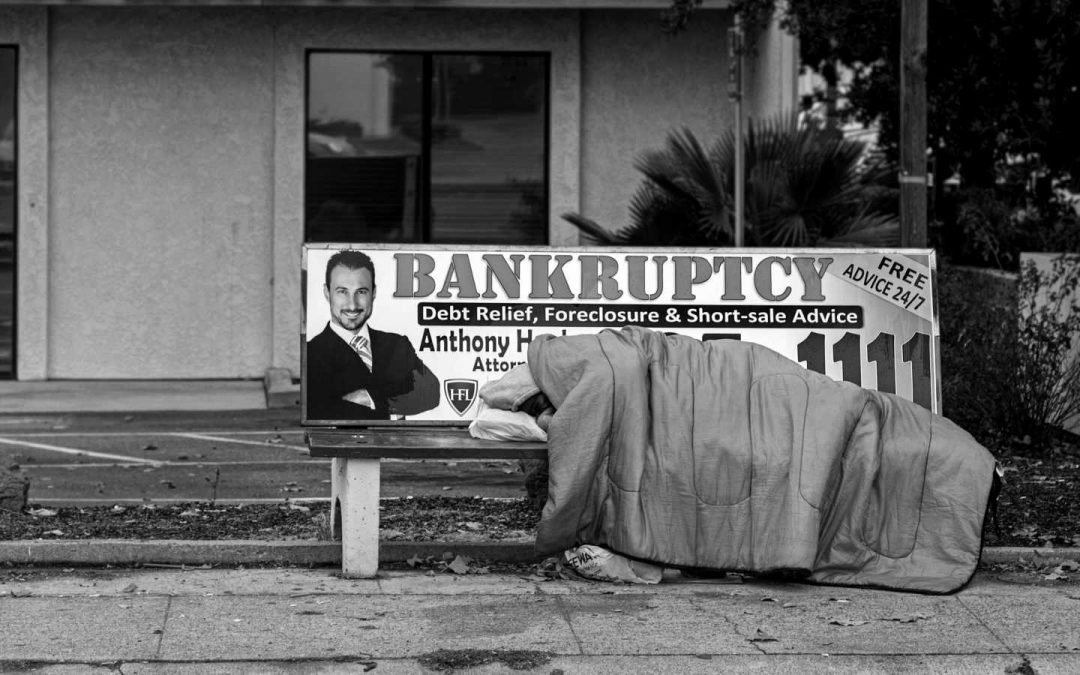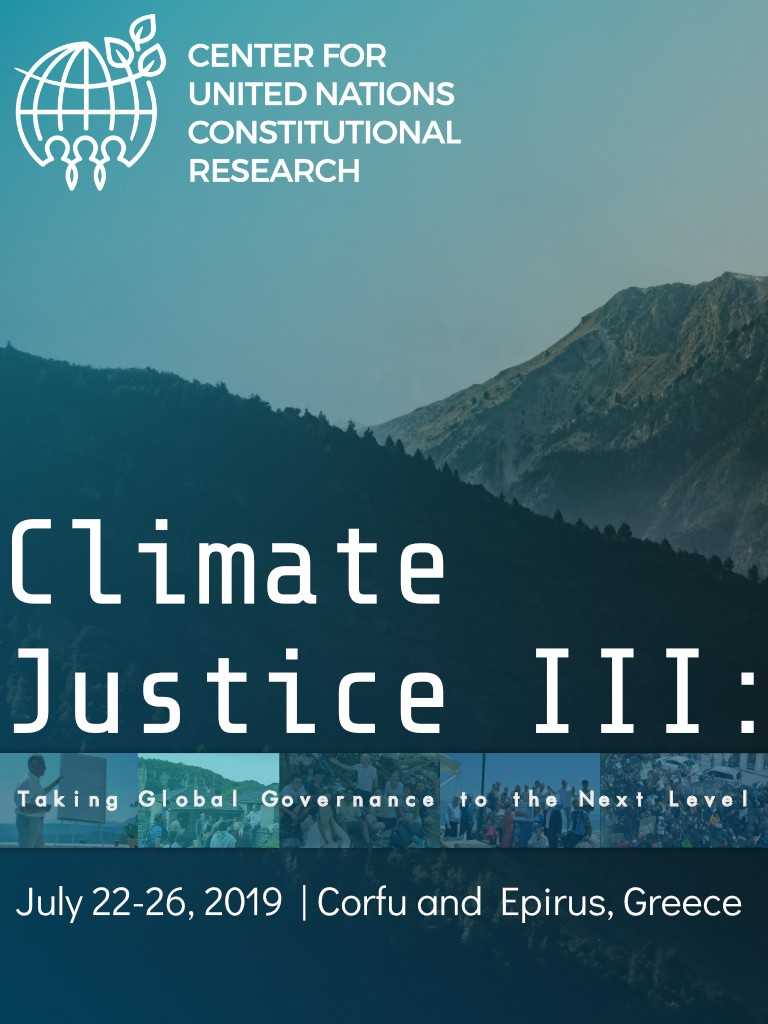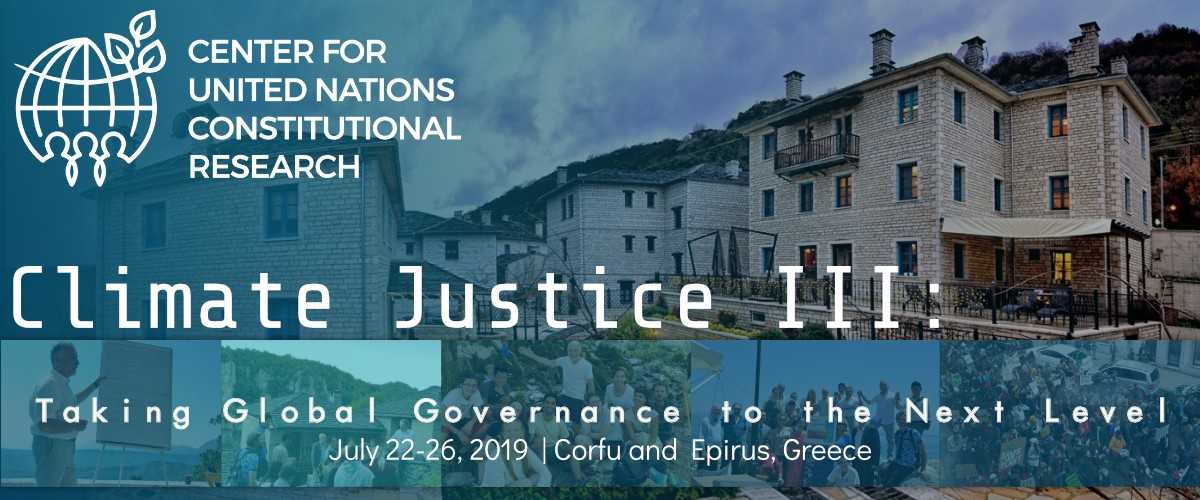Lacino Hamilton
Author | Truthout
EDITOR’S NOTES:
World Federalists,
The fact that there are people in the United States of America living in third-world conditions and are treated inhumanly by their government is only an example of why the global governance system is a failure. When the most powerful and wealthiest country in history cannot meet the goals we expressed in our own constitution then how can we expect that government to then treat people abroad any differently?
It is our duty as world federalists to stand up for the rights of all human beings, and housing is one of the most decisive factors in the quality of a persons life. We can no longer accept the argument that we cannot meet our commitments to all citizens of the world.
I believe a world federal government (WFG) is the only way we can keep all governments accountable and to maintain a global system that meets the social and economic quality of human life.
Black activists and public advocates have always been at the forefront of the fight for human and civil rights, but that is only because black people have always been at the brunt of everyone’s jokes or at the center of violence when it comes to economic expansion.
This Black Heritage Month (BHM)take a little time to learn something about the contributions of black leaders throughout the history of humanity.
Going forward the DWFED will show appreciation to different cultural and ethnic communities throughout the world.
EARTH CONSTITUTION:
Article 13 Directive Principles for the Earth Federation
Article 13.11 “Assurance for everyone of adequate housing, of adequate and nutritious food supplies, of safe and adequate water supplies, of pure air with protection of oxygen supplies and the ozone layer, and in general for the continuance of an environment which can sustain healthy living for all.” Article 13. 5 “Free and adequate public health services and medical care available to everyone throughout life under conditions of free choice.”
Not long ago, I received a letter from my mother. It said, “I am homeless, again. I may be dead before you are released from prison. Love mom.”
It felt like some cruel force punched through my chest and tore out my heart, then stomped on it. My mother did not write that letter to simply provide me with an update on how her life continues to unravel. My mother wrote that letter because it is nearly impossible to survive deep poverty on one’s own.
Even though I am incarcerated, my mother views my release as her best chance to acquire stable housing. Most of our family members are too poor, troubled or addicted to lend help, or simply do not know how. For the life of me, I do not understand: Why isn’t housing a basic right for all Americans?
My mother has been either homeless or near homeless off and on for the past 45 years. I do not know all the details of how this began — only that while she was growing up, her father, my grandfather, used to get drunk every day after work and physically take out his frustrations on my mother and her four siblings. When my mother was 12, she could no longer endure the daily regimen of abuse, so she ran away from home. She fell in with a small group of runaways surviving on the streets of Detroit. To say she was living hand-to-mouth would be a gross understatement. The abuse she had attempted to escape continued in new ways on the streets. And in less than a year, she was pregnant with me.
My mother regained custody of me about four years later only to abandon me a few months later at a bake sale. The next time I saw my mother, I was 18. She never made it clear if she intended to come back for me or if she thought the woman running the bake sale could care for me better than she could. However, what was clear was that all those years later, nothing had changed. She was trying to be admitted into a homeless shelter in one of the most dangerous sections of the city: the Cass Corridor, a known drug den. My mother was trying to secure one of the most basic human needs — a roof overhead. She is still struggling for that today.



THE SAN FRANCISCO PROMISE
Click to Learn More
While my mother’s struggle with securing basic necessities personally affects me, those struggles are social. That is, they affect hundreds of thousands of families. According to the Department of Housing and Urban Development, in 2017, an estimated 553,742 people experienced homelessness in the United States based on a count from a single night. There is ample evidence that those figures significantly underestimate the actual scale of the crisis. In the US, “about 40 million live in poverty, 18.5 million in extreme poverty, and 5.3 million live in Third World conditions of absolute poverty,” according to a UN report. There are strong correlations between poverty and homelessness, as well as homelessness and inadequate nutrition, substandard health care and adverse life outcomes, such as being criminalized. It seems as if the criminalization of homelessness is designed to remove basic protections for people who need them most, in an attempt to erase them even further from society.
Most of the time when I receive a letter from my mother it means she has been jailed. Myriad offenses such as sleeping outside, sitting in public spaces, and panhandling have been devised to disappear the homeless. When my mother is in jail, I always encourage her to inquire whether the jail offers programs that promote social protections for those in need, but there never are.




Become a Member
By Becoming a member of the DWF, you help to keep us by running our basic operations and promoting our ideas.


With political will, there could be social protections for my mother, and the hundreds of thousands of people like her, who are thrust into homelessness by circumstances largely beyond their control. Physical or mental disabilities, divorce, family breakdown, illness, old age, unlivable wages and discrimination in the job market are just a few of the factors that can lead to homelessness. Meanwhile, incarceration, unpayable fines, and the stigma of criminal conviction prevent access to a wide range of housing, including public housing. This is a large part of why my mother has been unable to get off the streets.
Regardless of one’s needs, homelessness is not inevitable if a society has its priorities right. Homelessness reflects political choices. A political choice refers to a course of action or inaction adopted when alternative courses of action are available.
The Right to Rest Acts introduced in California, Colorado and Oregon are an example of the type of political choice needed to shift from a criminal justice response to a human rights-centered response to homelessness. It should be unthinkable that my mother, or anyone for that matter, could be homeless off and on for 45 years in one of the world’s wealthiestsocieties. Homelessness should be unthinkable in a land of unsurpassed technological innovation.
What is World Federalism?
World Federal Government (WFG)
However, based on the political choices the past two years have brought, there is likely to be greater homelessness. The Trump administration has provided unusually high tax breaks and financial windfalls to the very wealthy and the largest corporations, to be paid for partly by shredding social safety net programs. The Trump administration has also undertaken a radical program of financial, environmental, health and safety deregulation that eliminates protections mainly benefitting the middle classes and poor. And the Trump administration is currently seeking to add over 20 million people by 2016 to the ranks of those without health insurance, among other dramatic shifts. This bodes ill not only for the poor and middle class, but for society as a whole.
The right to a home should be a key touchpoint in shifting our priorities. Life and home are so intimately intertwined it is impossible to think about one without the other. A home offers privacy and personal security. It provides a base from which to chart a course. It provides peace of mind, at least more peace of mind with than without. It provides necessary shelter and protection from the elements. And it provides dignity.
When homeless, it is impossible to not think about encountering dangers with fatal consequences at nearly every turn. This is why my mother believes she may be dead before I am released from prison. It is overwhelming just thinking about how much happiness my mother has lost out on, how many possibilities have been snuffed out by our society’s collective decision not to provide all people with a stable and decent place to live.
Housing is set up as a privilege in our society. In truth, though, it is a human right.
If you would like to correspond with the author of this piece, please write to:
Lacino Hamilton 247310
Marquette Branch Prison
1960 US Hwy 41 South
Marquette, MI 49855
DWF News



